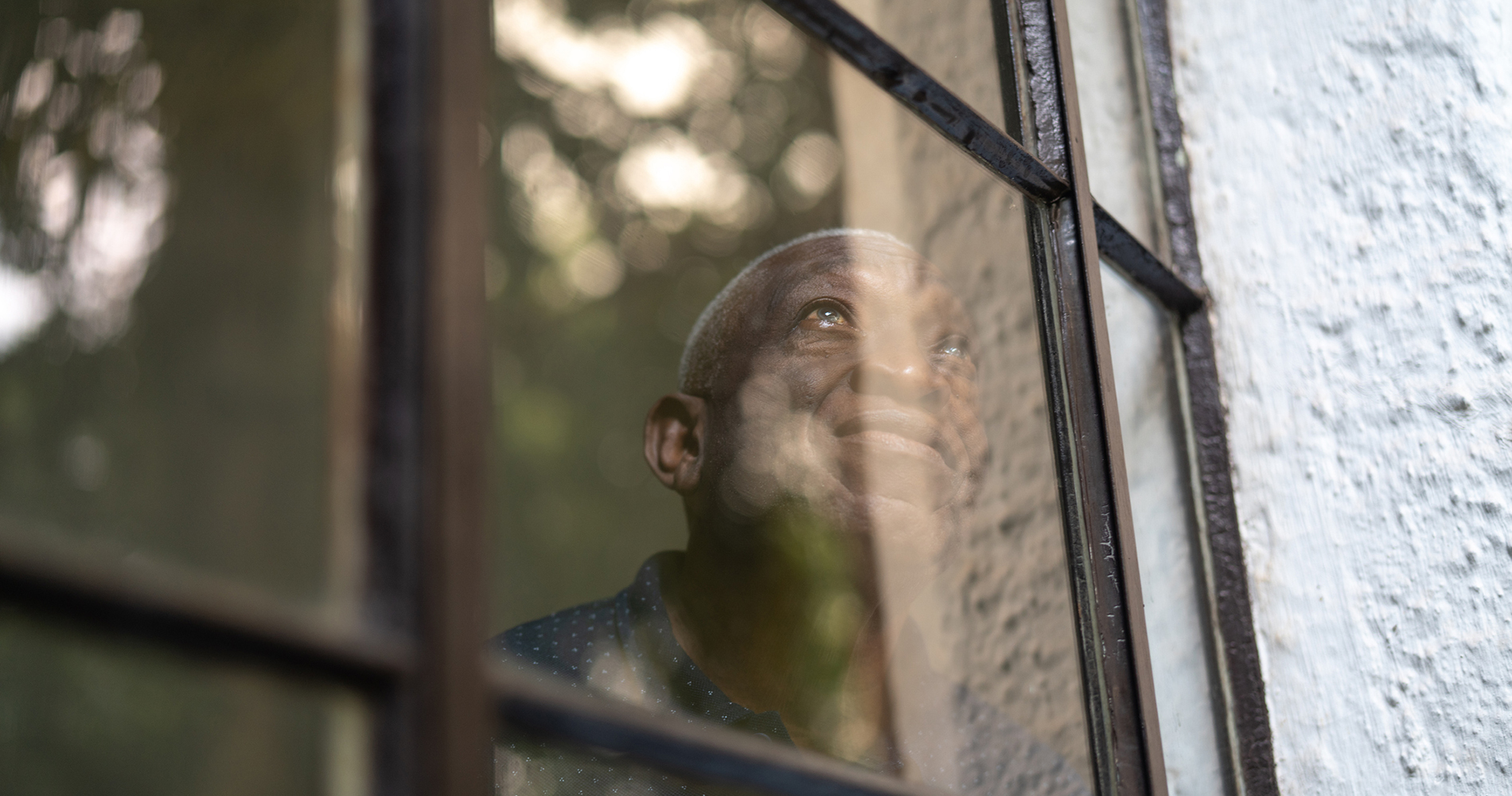“How often do you feel lonely?” “Do you have challenges paying for your medication?” These are questions from a survey that was conducted with a grant from Walmart and in conjunction with UH – a survey examining disaster recovery in Houston and Harris County’s minority aging population.
“The pandemic has brought even more challenges to a struggling demographic,” said Lola Adepoju, a professor at UH’s new College of Medicine and research director of the Humana Institute. The survey’s topics ranged from wills and advance directive planning to how often participants struggle to pay their bills.
What is already apparent from the work is that food pantries, oftentimes church-sponsored ones, do a good job in Houston of getting food to elderly people in need. Sometimes these organizations even help by providing rental and utility vouchers.
But access to health care is a big hurdle for Black and Hispanic seniors during the current pandemic. Lack of health insurance is a salient issue that is particularly concerning within the Hispanic population. Texas ranks 1st in the proportion of uninsured patients nationwide, and because the state is home to a large proportion of undocumented immigrants, most of whom are Hispanic, they are ineligible to receive employer-sponsored or publicly available health insurance benefits.
Among seniors who have health insurance, internet connectivity and limited know-how on telehealth makes care navigation even more difficult.
The isolation the elderly population in Harris County experiences is another concern. The survey specifically asks seniors whether the current pandemic’s experiences are reminiscent of the aftermath of Hurricane Harvey – if the way the disaster is panning out is similar to a destructive act of nature.
A gap analysis of the raw data will eventually show what initiatives are in place for the elderly of our community and where we need to provide more assistance. Developing community outreach projects will be the endgame of this important research – not just replicating what others have done, but really initiating new, successful programs to help reach out to those in need.
While students do not have an active role in Adepoju’s Walmart-sponsored research, another community-facing project that she is working on with Humana is an intergenerational linkage program. Students from UH are matched up with elderly people in the Houston metroplex, and near campus – in Third Ward and East End, especially.
There are many medical conditions that are associated with loneliness and social isolation is running rampant during the COVID-19 crisis. Chronic conditions cause depression and vice versa, informing a terrible cycle of suffering in older individuals who have little exposure to the outside world.
The intergenerational linkage program offers bidirectional benefits; older adults can impact some life lessons on students and in return, students offer virtual companionship and assist seniors in identifying local resources that they may need. The undergraduate nursing and graduate social work students in this program receive income and valuable life lessons in concert with their career choice. The seniors in the program are called and talked to, helping to strengthen the health of the entire community by just talking intergenerationally.
“The check-ins may be the best part of their week,” said Adepoju, who has seen wonders worked between young energetic college students and their program counterparts.
Image: Getty Images/E+/FG Trade
